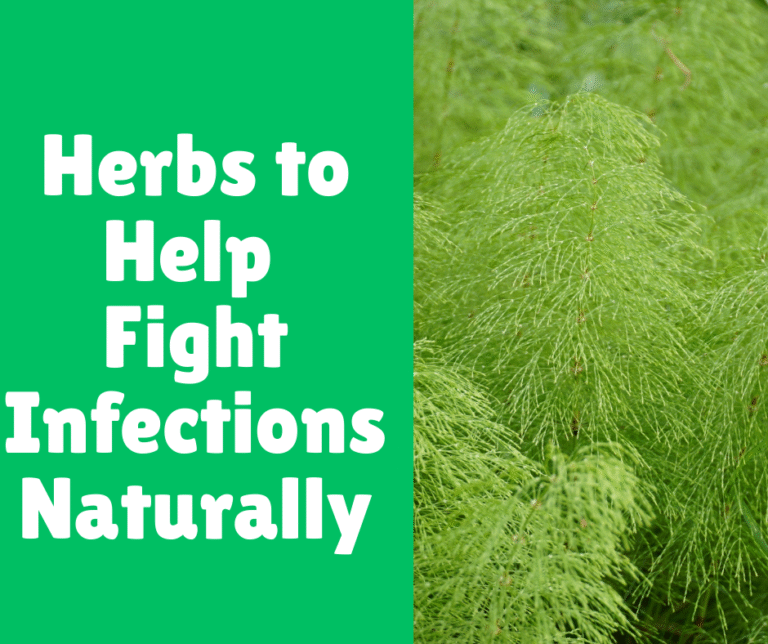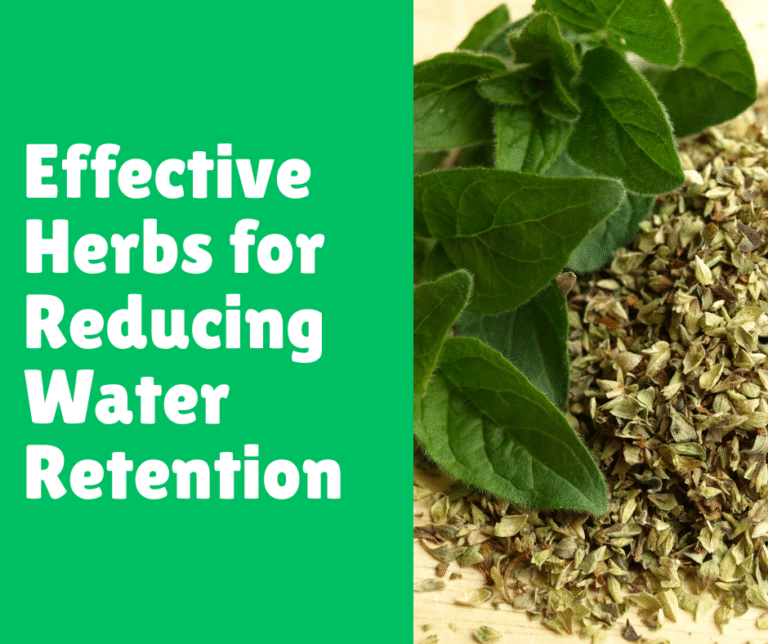What Are the Best Herbal Solutions for Managing Frizzy Hair?
Post Disclaimer
Content on this site is for educational use only and not a substitute for medical advice. Herbal remedies are based on traditional knowledge and not medical recommendations. Please consult a healthcare professional before trying any herb. We do not assume responsibility for any outcomes or adverse effects resulting from the use of information provided here.
If you’ve ever had a frizzy hair moment, you know the feeling of staring at your reflection in frustration.
Maybe you’ve tried every serum or straightener, only for your hair to revert to its puffy, unmanageable self the moment you step outside.
You’re not alone in this battle. But what if the answer wasn’t in a bottle full of synthetic chemicals but rather in a simple, natural remedy?
Herbal solutions for frizzy hair have been around for centuries. And today, people are turning back to nature, seeking out simple ingredients that provide real results without the harsh chemicals.
This post will take you through some of the most effective herbal remedies, how to use them, and why they’re better for your hair in the long run. So, if you’re tired of fighting frizz and want a more holistic solution, keep reading.
The Science Behind Frizzy Hair: Why Does it Happen?
Before we get to the remedies, it’s helpful to understand why hair gets frizzy in the first place. Frizz occurs when your hair’s cuticle (the outer layer) becomes raised, causing the hair strands to absorb moisture from the air. This leads to hair that looks dry, puffy, and uncontrollable.
Several factors contribute to this:
- Humidity: When the air is humid, hair absorbs moisture, which causes it to swell and frizz.
- Dryness: On the flip side, dry hair can also become frizzy as the lack of moisture makes the cuticles lift.
- Heat: Excessive use of hot tools like blow dryers and straighteners can strip the hair of its natural moisture, leading to frizz.
- Chemical Treatments: Harsh hair dyes, perms, and other chemical treatments can also damage the hair shaft, causing frizz.
So, understanding frizz is key to managing it. By moisturizing the hair and smoothing down the cuticles, we can tackle the problem at its root.
Top Herbal Solutions for Frizzy Hair
Let’s talk about the herbal remedies that can work wonders on frizzy hair. These natural ingredients are packed with nutrients that nourish the hair, restore moisture balance, and add shine. Here are some of the best herbal solutions for frizz:
1. Aloe Vera
Aloe vera is often referred to as the “plant of immortality,” and for good reason. It’s packed with vitamins, enzymes, and amino acids that help to hydrate and nourish the hair. Aloe vera’s natural moisture balance helps smooth frizzy hair, making it one of the top go-to remedies.
How to Use Aloe Vera:
- Apply fresh aloe vera gel directly to your scalp and hair.
- Leave it on for 15–30 minutes.
- Rinse with lukewarm water.
Alternatively, you can mix aloe vera gel with coconut oil or a few drops of essential oils for added benefits.
2. Rosemary
Rosemary is not just for cooking; it’s also a powerhouse herb for your hair. It improves circulation to the scalp, strengthens hair follicles, and helps with dandruff and dry scalp issues that can contribute to frizz.
How to Use Rosemary:
- Boil a few rosemary sprigs in water, then let it cool.
- Rinse your hair with the cooled rosemary infusion after washing.
- For better results, add rosemary essential oil to your conditioner.
3. Chamomile
Chamomile is known for its calming properties, but it’s also fantastic for frizz-prone hair. It softens the hair and brings out its natural shine, making it ideal for those with dry, frizzy hair. Chamomile can also lighten the hair over time, making it an excellent choice for blondes.
How to Use Chamomile:
- Steep chamomile flowers in boiling water and allow the liquid to cool.
- Use this as a final rinse after shampooing.
4. Lavender
Lavender isn’t just a relaxing scent. It’s an excellent herb for soothing dry, frizzy hair. Lavender oil contains antioxidants and vitamins that help to repair damaged hair, smooth the cuticles, and promote overall hair health.
How to Use Lavender:
- Add a few drops of lavender essential oil to your conditioner or hair mask.
- You can also mix lavender oil with a carrier oil (like coconut oil) and apply it to your scalp and hair before washing.
Hibiscus is full of vitamins A and C, which help stimulate hair growth and prevent frizz. The flower’s natural moisture-binding properties help smooth and soften the hair, reducing frizz and flyaways.
How to Use Hibiscus:
- Make a hibiscus hair mask by grinding fresh hibiscus leaves and flowers and mixing them with coconut oil or yogurt.
- Apply it to your hair, leave it for 30 minutes, and then wash off.
How to Incorporate Herbal Remedies into Your Routine
Now that you know which herbs are most effective for frizz, let’s go over how to use them in your hair care routine. This is where you can get creative and mix and match to suit your hair’s needs.
Step-by-Step Guide:
Start with a Clean Scalp: Always wash your hair before applying herbal treatments. Clean hair allows the herbal solutions to penetrate better and gives you the most effective results.
Create Your Herbal Treatment: Depending on your preference, choose one or a combination of the herbal remedies discussed above. For example, you could mix aloe vera gel with lavender oil or create a rosemary-infused hair rinse.
Apply to Hair: Apply the herbal treatment to your scalp and hair, focusing on the ends (which are often drier and more prone to frizz).
Leave it In: For the best results, leave the treatment on for at least 15–30 minutes. You can cover your hair with a shower cap to help the herbs absorb better.
Rinse and Style: After the treatment, rinse your hair with lukewarm water and style as usual. If you’re using herbs like chamomile or hibiscus as a final rinse, you can skip the conditioner afterward.
Common Mistakes to Avoid
While herbal remedies are a great way to manage frizzy hair, there are a few common mistakes to watch out for:
Not Being Consistent: Herbal treatments often take time to show results. Using them sporadically might not give you the full benefits. Stick with a routine for at least a few weeks before judging the effectiveness.
Overusing Essential Oils: Essential oils are potent, so it’s important not to overuse them. Always dilute essential oils in a carrier oil like coconut or olive oil before applying them to your hair or scalp.
Using Too Much Product: Less is more when it comes to herbal remedies. Applying too much can weigh your hair down or leave it greasy. Start with small amounts and adjust as needed.
Expecting Instant Results: Herbal solutions are gentle and natural, which means they won’t work overnight. Be patient and give them time to work.
Conclusion: Smooth, Frizz-Free Hair Is Within Reach
Frizzy hair doesn’t have to be your permanent reality. With the power of herbs like aloe vera, rosemary, chamomile, lavender, and hibiscus, you can tame frizz naturally and effectively. By incorporating these herbs into your hair care routine, you’ll nourish your hair, smooth the cuticles, and promote overall hair health.
Remember, consistency is key. Give your herbal treatments time to work, and don’t be afraid to experiment with different combinations of remedies. Over time, you’ll find the perfect solution for your unique hair needs.
So, what’s stopping you? Give these herbal remedies a try, and share your results with us! Have you tried any of these before? Let us know in the comments below or share this post with a friend who could use some frizz-fighting tips.
FAQs:
Can herbal remedies replace my regular shampoo and conditioner?
Herbal treatments work best as a supplement to your regular shampoo and conditioner. They can help enhance the results but shouldn’t completely replace your basic hair care routine.
How often should I use herbal treatments on my hair?
For best results, you can use herbal remedies 1–2 times a week. However, the frequency may vary based on your hair type and condition.
Can these herbal remedies be used on colored or treated hair?
Yes! Most herbal treatments are gentle enough for colored or chemically treated hair. Just make sure to test a small amount first to ensure it doesn’t affect your hair color.








